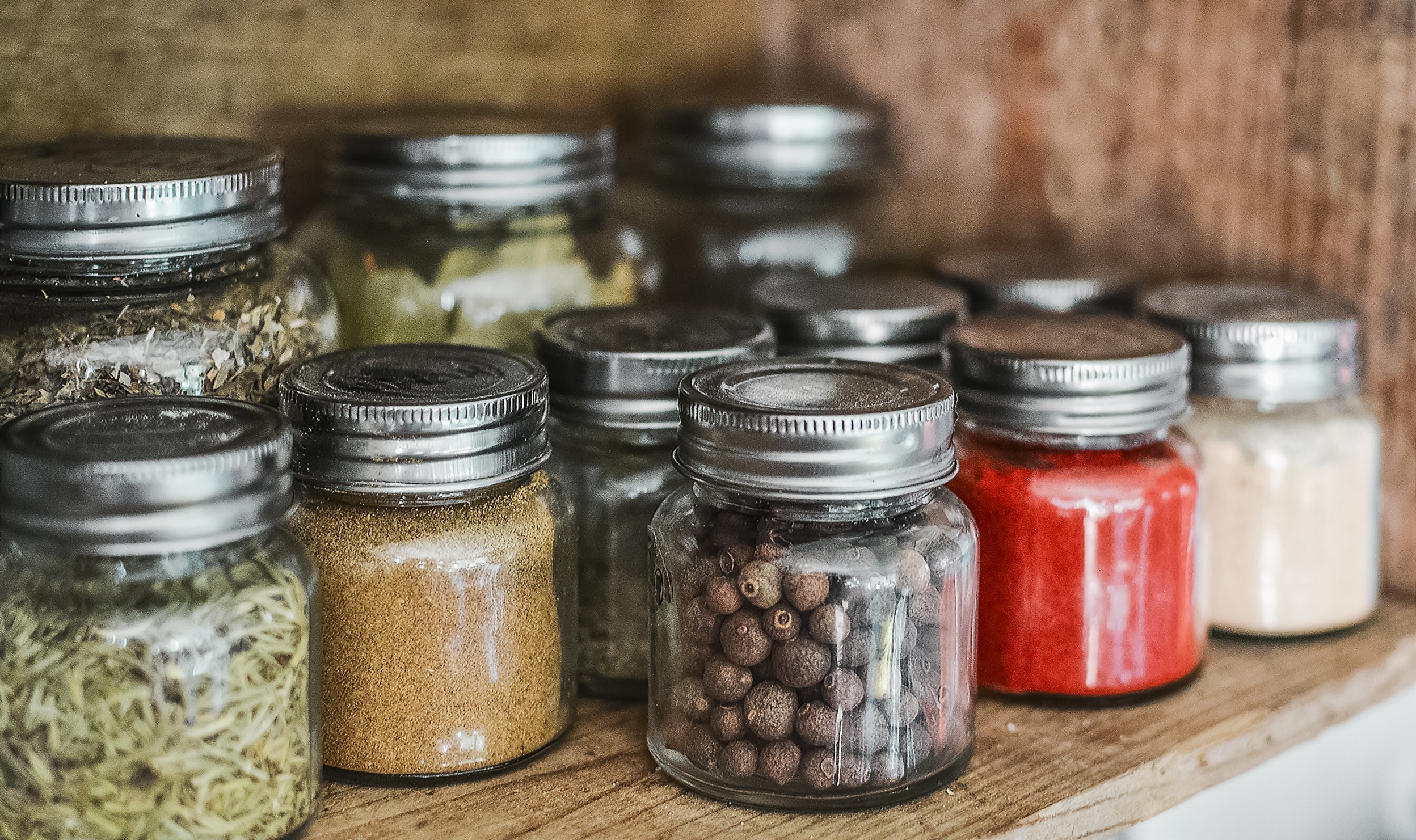Household water filter – Drinking from the tap is really easy when you live in an area with high-quality ground water. When you don’t, instead of buying plastic water bottles all the time, save money by investing in a water filter. If you like it cold, get a handheld one and put it in your fridge. If room temp is fine, secure an attachment to your sink. At our old apartment, we had a PUR Filtration System in which you could switch the filter on-and-off with a little lever.
Stainless-steel straws – I don’t see why anyone would buy plastic straws for use at-home at this point, but I might as well mention it. Buy a set of stainless-steel straws so that if a guest visits and would like one, you don’t have to partake in such a wasteful habit.
Eco-friendly dish soap – Instead of reaching for another bottle of dish soap, opt for a bar! Or, if you aren’t a fan of the consistency, make sure to purchase one has that a concentrate so you can fill it up without waste. Even your toxic dishwasher pods can be swapped for an eco-friendly alternative.
Compostable sponge – You know the colorful one that stinks up your sink? Ditch that synthetic sponge for a compostable one, made of white cellulose and coconut fiber. They’re ergonomic, so they’re better for you too!
Natural dish and bottle brushes – Made of coconut husks, sisal, bamboo, and metal, these biodegradable brushes are free from toxic chemicals! No need to worry about tossing them when the time comes.
Glass jars – Try buying grains and other staples in bulk, and filling up the jars you already have lying around. They’re always a pretty addition to your kitchen, especially when you repurpose them with flowers from your garden!
Washable baking sheets – Say sayonara to aluminum foil that can’t even be recycled once it’s dirtied! Silicone baking mats are so easy to use and wash.
Silicone storage bags – How do you serve snacks? If you’re a parent, you’ve been lucky enough to serve your kids at home, but as they go back into the world, it’s important to teach them about sustainability. It can start in their lunchbox with these reusable baggies.
Leftover containers – Make sure leftovers have a happy home, whether sealed in a stainless steel or glass container. Both are better for the environment, but the decision lies with whether you’re clumsy or not. What’s nice about the glass containers is that it’s really easy to see what’s inside.
Tea infuser with loose leaf – There are a few different ways to do this, but the easiest is by using a loose-leaf tea maker. I bought one for my dad a few years ago and it’s still going strong. Simply add the leaves, wait for it to diffuse, and place it over your mug. The second option is to scoop loose leaf tea with a diffuser and stir it into your hot water. Let sit and enjoy!
Refillable cleaning bottle – Buying a different cleaner for each and every situation is incredibly wasteful. Instead, find a few plant-powered staple cleaners (multi-surface, glass, and bathroom) that have refillable tablets to plop in. Make sure the packaging is compostable!
Reusable paper towels – Instead of wasting paper, especially from trees, opt for either bamboo towels or cloth towels that can be thrown in the washer. This will take some adjusting, but I promise you’ll feel better about it!
Biodegradable trash bags – You’re going to use them anyway because, let’s face it, living zero waste is nearly impossible. Kudos to those who get close! This is a simple switch that won’t break the bank.
Compost bucket – Instead of throwing everything into the trash, get yourself a compost bin so all the organic matter you produce can go back to the earth. Check with your city to see if it will provide one for you! Here in St. Pete, FL, we participate in the residential composting program.
French press or reusable coffee filters – Can’t function before coffee? Single-use coffee filters are such a waste, especially when there are sustainable options on the market. Give reusable ones a try, or invest in a French Press. All you need are beans, a coffee grinder (or pre-ground coffee grounds), and boiling water to push them through. Remember to compost used coffee grounds!
I see you making strides from the sink to the fridge. Congratulations on implementing a few of these eco-friendly swaps! You’re on the path to a more sustainable life.
